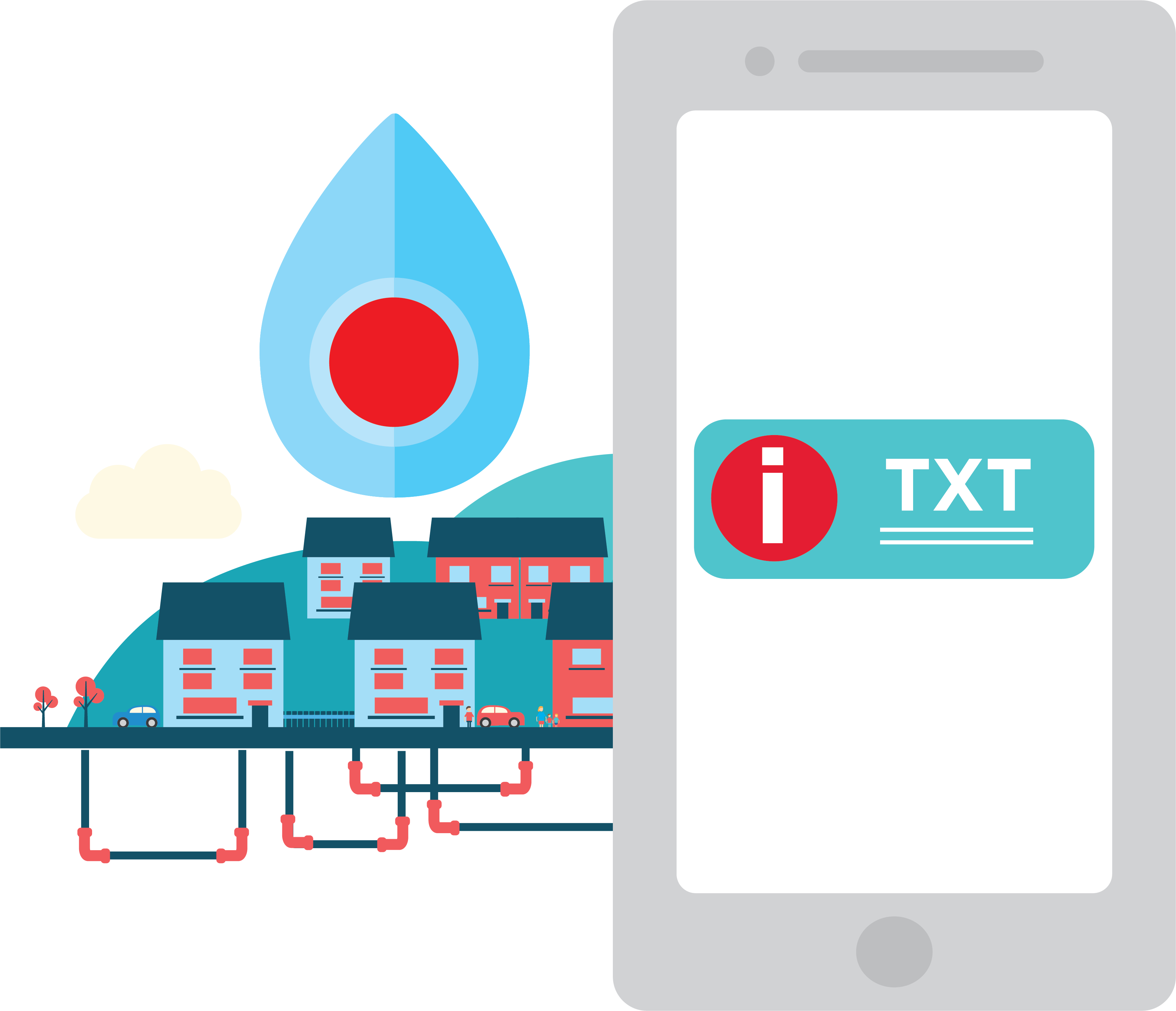According to the Marine Conservation Society’s (MCS) Good Beach Guide 2011, 10 beaches out of the 24 tested in Northern Ireland have been recommended for excellent water quality.
The impact, however, from last year’s downpours is still being felt with 3 beaches, Ballyholme, Branfield Bay and Newcastle failing. Heavy rain can result in fertilisers and animal waste being carried into the sea, while also increasing the need for combined sewer overflows to operate.
Testing, which took place between June and September 2010, coincided with an extremely wet summer. Furthermore, data from the Met Office states that the summers 2007-2009 combined were the wettest since 1914.
Commenting on the MCS guide, Angela Halpenny, Head of Environmental Regulation at Northern Ireland Water said,
“In Northern Ireland, 24 beaches were tested, of which 10 received the highest grade of ‘recommended’ and 6 received ‘guideline’. While this is an improvement and good news for those beaches, there is clearly still work to be done in terms of improving the quality of those that received a basic pass and the 3 that failed. We work closely with the Northern Ireland Environment Agency to identify and target areas that need investment.
“We are confident some of the investment we have already made will be seen in the results for next year, and by 2013 we plan to invest in excess of £300 million on improvements to our sewerage network system and wastewater treatment works.”
“NI Water welcomes the MSC report and the challenge of further stringent guidelines over the coming years. It is important to continually strive to improve upon the work we are doing.
“It is also important to remember that we all play a role in keeping our beaches clean. A survey by the MCS showed the amount of bathroom rubbish such as cotton buds, condoms and sanitary towels on beaches had increased by 40% since 2009. NI Water’s advice is to ‘Bag it and Bin it’ – don’t flush it.
“Weather also plays a major role in the quality of bathing water. During periods of heavy rainfall, the sewerage system can overflow, which it is designed to do, to alleviate out of sewer flooding. Last summer’s high rainfall increased the frequency of overflows and run-off from agricultural land and urban areas.
“As one of Northern Ireland’s most important environmental stewards, we invest significant resources and measures in safeguarding it. Improving the wastewater infrastructure in Northern Ireland is a major priority for NI Water.”
Another factor that impacts on bathing water quality is when inappropriate items, such as cotton buds, nappies, wipes and sanitary items are flushed down the toilet.
These items often make their way through the sewerage system and onto our beaches, or cause serious blockages that can lead to the operation of emergency overflows. Wastewater Treatment Works and sewerage systems are not designed to deal with such objects, therefore NI Water’s advice is to ‘Bag it and Bin it’ – don’t flush it.
The impact, however, from last year’s downpours is still being felt with 3 beaches, Ballyholme, Branfield Bay and Newcastle failing. Heavy rain can result in fertilisers and animal waste being carried into the sea, while also increasing the need for combined sewer overflows to operate.
Testing, which took place between June and September 2010, coincided with an extremely wet summer. Furthermore, data from the Met Office states that the summers 2007-2009 combined were the wettest since 1914.
Commenting on the MCS guide, Angela Halpenny, Head of Environmental Regulation at Northern Ireland Water said,
“In Northern Ireland, 24 beaches were tested, of which 10 received the highest grade of ‘recommended’ and 6 received ‘guideline’. While this is an improvement and good news for those beaches, there is clearly still work to be done in terms of improving the quality of those that received a basic pass and the 3 that failed. We work closely with the Northern Ireland Environment Agency to identify and target areas that need investment.
“We are confident some of the investment we have already made will be seen in the results for next year, and by 2013 we plan to invest in excess of £300 million on improvements to our sewerage network system and wastewater treatment works.”
“NI Water welcomes the MSC report and the challenge of further stringent guidelines over the coming years. It is important to continually strive to improve upon the work we are doing.
“It is also important to remember that we all play a role in keeping our beaches clean. A survey by the MCS showed the amount of bathroom rubbish such as cotton buds, condoms and sanitary towels on beaches had increased by 40% since 2009. NI Water’s advice is to ‘Bag it and Bin it’ – don’t flush it.
“Weather also plays a major role in the quality of bathing water. During periods of heavy rainfall, the sewerage system can overflow, which it is designed to do, to alleviate out of sewer flooding. Last summer’s high rainfall increased the frequency of overflows and run-off from agricultural land and urban areas.
“As one of Northern Ireland’s most important environmental stewards, we invest significant resources and measures in safeguarding it. Improving the wastewater infrastructure in Northern Ireland is a major priority for NI Water.”
Another factor that impacts on bathing water quality is when inappropriate items, such as cotton buds, nappies, wipes and sanitary items are flushed down the toilet.
These items often make their way through the sewerage system and onto our beaches, or cause serious blockages that can lead to the operation of emergency overflows. Wastewater Treatment Works and sewerage systems are not designed to deal with such objects, therefore NI Water’s advice is to ‘Bag it and Bin it’ – don’t flush it.

